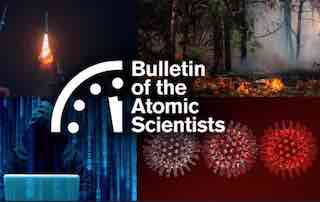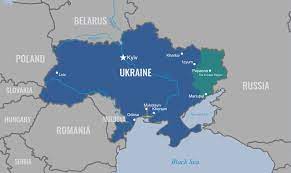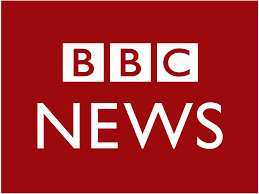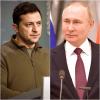Newsweek:"China Peddles Russia's Claim That U.S. Has Bioweapons in Ukraine"
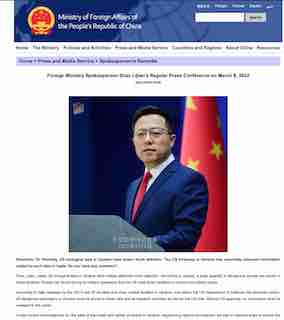
China, ostensibly neutral on Vladimir Putin's invasion of Ukraine, took a significant step into Moscow's camp on Tuesday when a government official repeated a Russian conspiracy theory about the existence of U.S.-funded biological weapons in the country.
At a regular press briefing in Beijing, Zhao Lijian, a spokesperson for China's Foreign Ministry, read out a Russian media report about the alleged discovery of a "military biological program" in Ukraine in the days after the large-scale offensive began.
